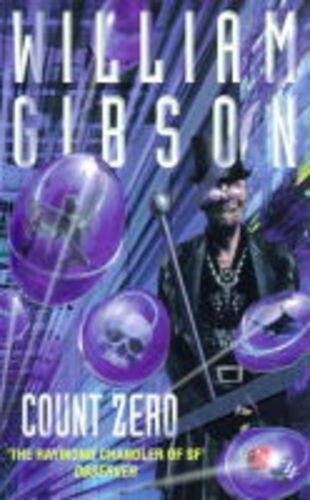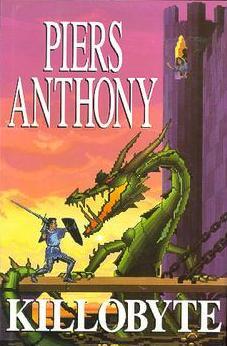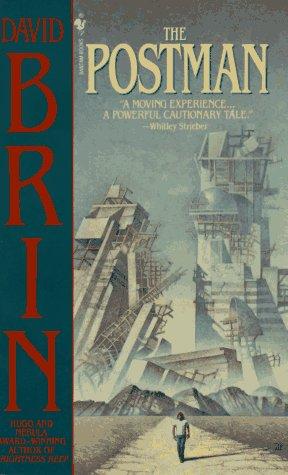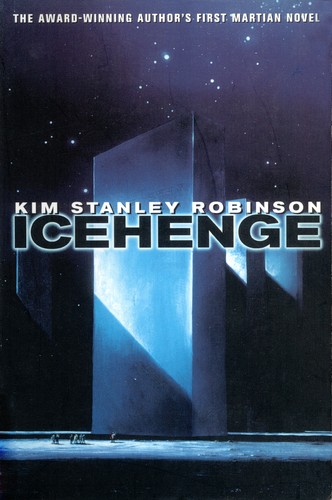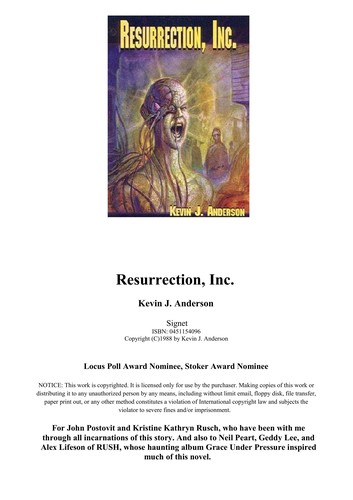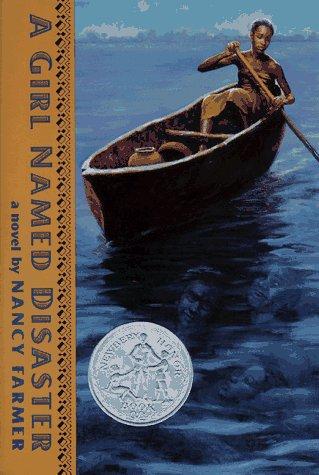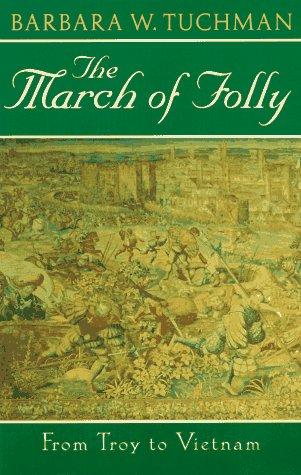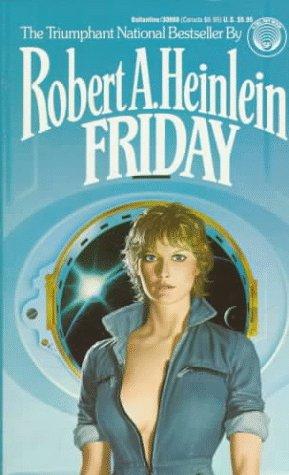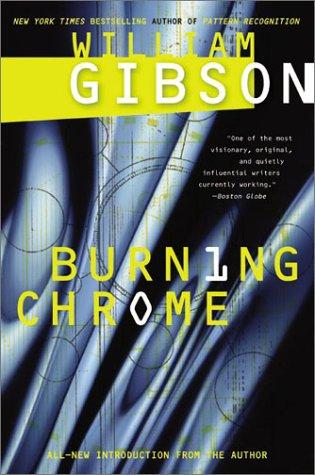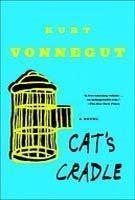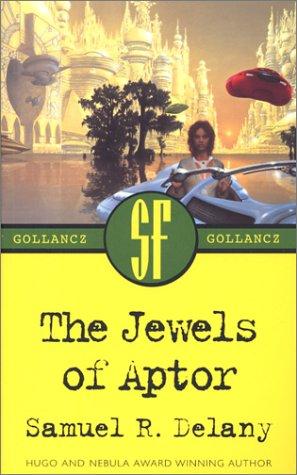Thom reviewed Count Zero by William Gibson
Review of 'Count Zero' on 'Goodreads'
3 stars
I read this series as they came out, back in the 80s. After a few years of classic SF and Fantasy, it was good to come back to Gibson's cyberpunk, and younger me would have rated it 4 stars. For present day me, reading only months later, it rates less.
This story is the same setting at Neuromancer, but basically stands alone. Where the original was a heist plot, this is more of a tapestry - various threads that weave together and eventually meet. Of these threads, the strongest story is the most heist-like - the professional and the extraction team. The other threads were less memorable, even though one of them contained the title character.
Does it work? Yes, but slowly. This one took me far longer to finish than it should have. Will I finish the series? Absolutely, and not just because it is part of a reading …
I read this series as they came out, back in the 80s. After a few years of classic SF and Fantasy, it was good to come back to Gibson's cyberpunk, and younger me would have rated it 4 stars. For present day me, reading only months later, it rates less.
This story is the same setting at Neuromancer, but basically stands alone. Where the original was a heist plot, this is more of a tapestry - various threads that weave together and eventually meet. Of these threads, the strongest story is the most heist-like - the professional and the extraction team. The other threads were less memorable, even though one of them contained the title character.
Does it work? Yes, but slowly. This one took me far longer to finish than it should have. Will I finish the series? Absolutely, and not just because it is part of a reading challenge. Would I recommend it? Hrmmm... tentatively yes, but only if you enjoyed Neuromancer. This is more of the same with less direction.

